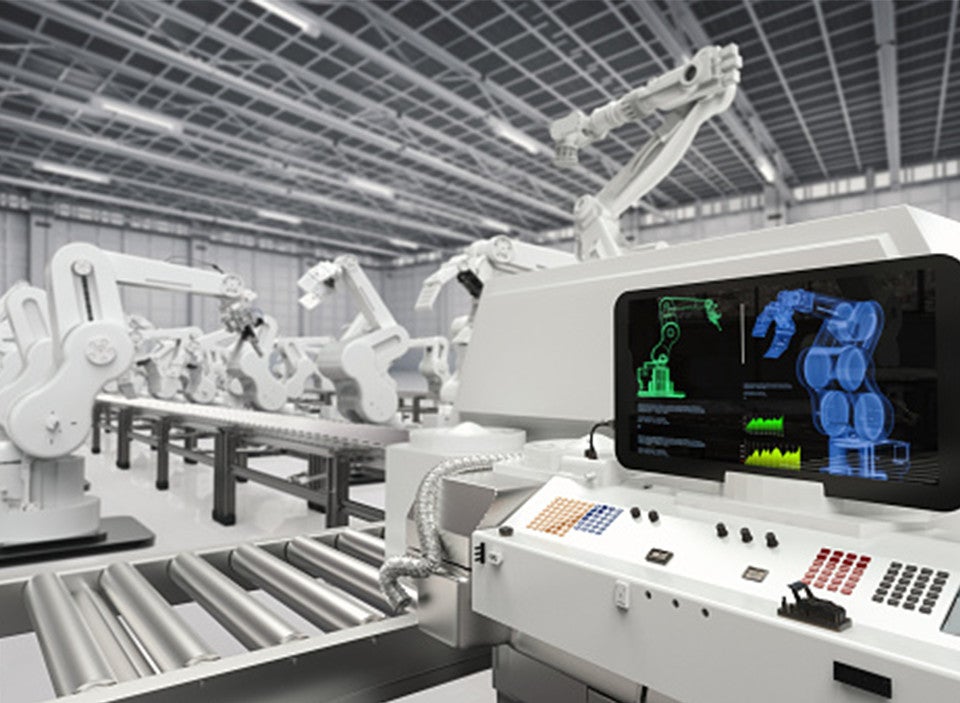The central goal of artificial intelligence (AI) is to create smart machines. As an umbrella term, AI refers to many different fields of study, which include—but are by no means limited to—robotics, machine learning, neural networks, natural language processing, and the type of AI that’s often explored in science fiction: artificial general intelligence.
AI is not a new discipline. However, advances in computational power and the big data phenomenon have propelled AI technologies into a new realm, where smart machines are predicted to be the “most disruptive class of technologies over the next 10 years” by Gartner.
AI & machine learning: technology that’s trained rather than programmed
Machine learning is emerging as a key focus area for AI researchers, developers, and investors alike, due to its many potential applications.
This sub-category of AI goes beyond creating rule-based systems to developing algorithms that can be trained to learn from data – and identify patterns, connections, and insights – without being programmed to work towards these specific conclusions.

AI and machine learning are already impacting many areas of our lives, from the “Hey, Siri” and “OK, Google” interactions that help us find information or navigate our environments, to the online recommendations we get from Amazon, Netflix, and many others.
In this environment, a growing number of companies are asking how AI and machine learning will disrupt their industries, and how they can harness these technologies to remain competitive – both today and soon.
AI decision-making speeds up the process
One key area where AI and machine learning can create value in companies today is the acceleration of the decision-making process. Today’s machine learning technologies can analyze vast data sets faster and more accurately thanks to:
- A greater volume and variety of data
- More affordable data storage solutions
- Greater computational processing power
Due to the size and complexity of these data sets, machine learning can help unlock value from all this data in a way that humans cannot. As a result, machine learning is now able to guide better business decisions and more intelligent courses of action with minimal human intervention.
How machine learning is used in business processes
Many companies leverage business process automation technologies to drive operational efficiency. However, decision-making steps tend to be a stumbling block in even the most well-designed and powerfully automated workflows. Organizations can be slow to make decisions.
Perhaps the people responsible are overloaded with work, they’re agonizing over the decisions assigned to them, or there are too many decision-makers involved in one approval step. Such scenarios create bottlenecks in business processes that can impede productivity and profitability.
Today, it’s possible for organizations to set up a machine learning framework that analyses not only business data but also typical trends in approval processes, to automate well-structured decisions. For example, when faced with a choice, question, or work item requiring approval, machine learning tools can inform decision-makers what their typical answers have been in the past for that specific situation.
These tools can also provide intelligence on decision-making trends over time. Once the machine learning technology has reached a certain threshold of correct suggestions, it can even make these decisions automatically without the need for human intervention. This dramatically speeds up decision-making to accelerate processes and workflows across the organization.
How AI decision-making could evolve in the near future
Machine learning and AI decision-making will change the modern workplace as we know it. While managers may not be fully replaced by algorithms, machine learning technologies could provide valuable management guidance and support.
For example, Gartner forecasts that far more workers will soon be supervised by a “roboboss” in areas of work that are rules-based and where performance can be monitored in an automated way. At the same time, “virtual career coaches” could provide real-time advice to many workers (more than a human manager could), to improve performance across the enterprise.
In five to ten years, there are two possible scenarios:
- Machine learning capabilities will evolve further along the same path – to support managers to make fast, informed, and accurate decisions without the intervention of C-Level executives (although the board will still be required for exceptional decision-making situations).
- We will be dealing with an AI agent that can make decisions on behalf of the team, with the attributes and capabilities of a person running a department.
Machine learning is enabling companies to optimize and accelerate a wide range of business processes to meet their digital transformation goals for the short- and medium-term.
That said, the capabilities of AI and machine learning are still developing and it’s important to understand the limitations of this technology. However, if your organization remains hesitant, you could miss the valuable opportunities that today’s machine learning technology offers your business.
Want to learn how to transform your business with the K2 Software? Click here to request a demo today.







